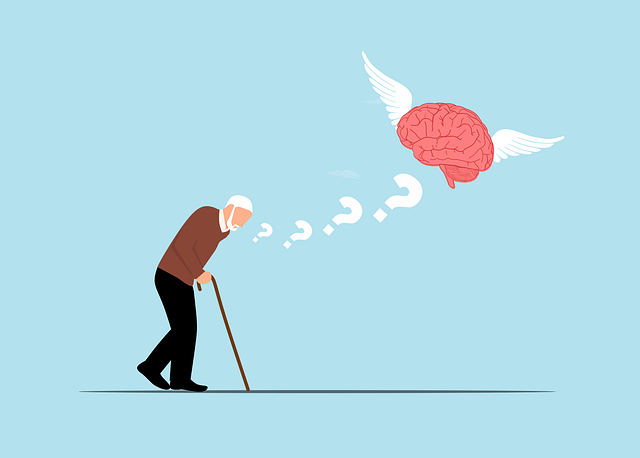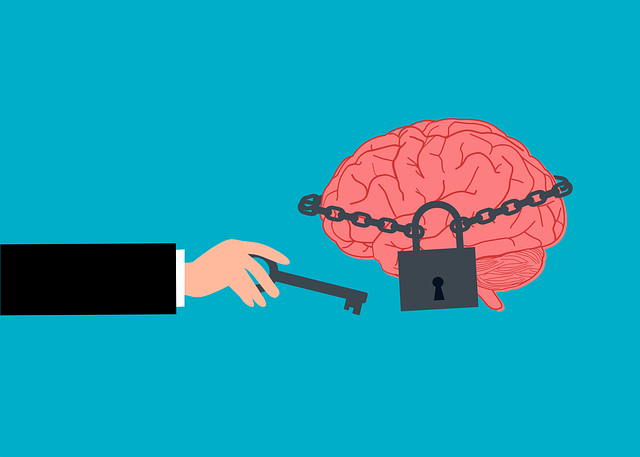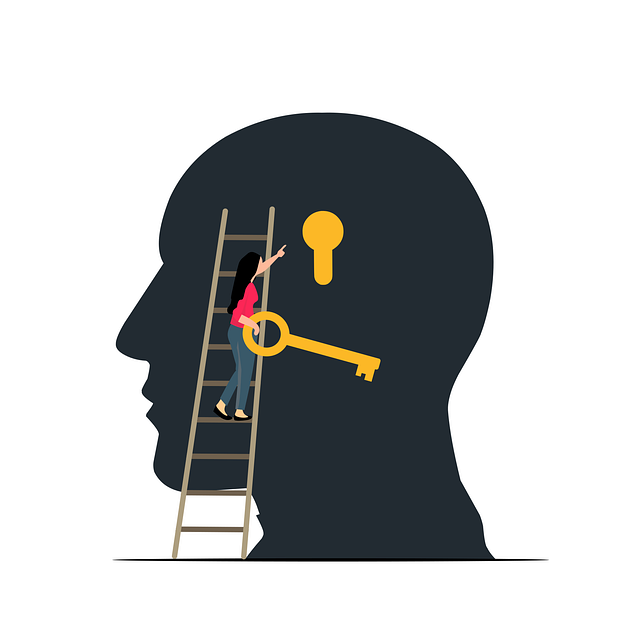Teaching mindfulness techniques to adolescent teens is a powerful tool for emotional development, empowering them with present-moment focus and non-judgmental self-awareness. These practices replace impulsive reactions with thoughtful responses, reduce anxiety and depression symptoms, improve attention, and enhance overall well-being. Incorporating mindfulness into therapy fosters inner strength, builds resilience, promotes healthier relationships, and equips teens to navigate conflicts calmly, making it a vital step in their emotional growth.
Emotion regulation techniques are vital tools for adolescent teens navigating turbulent times. This comprehensive guide explores effective strategies to help young minds manage and understand their emotions, offering a valuable resource for parents, educators, and therapists. We delve into the fundamentals of emotion regulation, uncover the power of mindfulness techniques in therapy for adolescent teens, and provide practical tips for integrating these skills into daily life, fostering resilience and emotional well-being.
- Understanding Emotion Regulation for Teens
- Mindfulness Techniques: A Powerful Tool for Adolescents
- Implementing and Practicing Regulation Strategies in Daily Life
Understanding Emotion Regulation for Teens

Understanding Emotion Regulation for Teens is a crucial step in their development and overall well-being. Adolescent teens often face a whirlwind of emotions as they navigate through significant physical, cognitive, and social changes. According to research, teaching them therapy techniques like mindfulness can significantly enhance their ability to manage these feelings effectively. Mindfulness involves focusing on the present moment without judgment, helping teens recognize and accept their emotions rather than reacting impulsively.
This process fosters inner strength development by encouraging self-awareness and emotional intelligence. By learning conflict resolution techniques alongside mindfulness, teens gain valuable skills for navigating challenging situations with greater calmness and clarity. These strategies not only promote healthier relationships but also empower them to make more thoughtful decisions in the heat of the moment, thereby enhancing their overall resilience.
Mindfulness Techniques: A Powerful Tool for Adolescents

Mindfulness techniques have emerged as a powerful tool in emotion regulation for adolescent teens. By teaching them to focus on the present moment and non-judgmentally acknowledge their feelings, mindfulness can help young individuals manage intense emotions effectively. This is especially crucial during the teen years when emotional volatility is common. Research suggests that mindfulness practices can significantly reduce symptoms of anxiety and depression, improve attention, and enhance overall well-being in adolescents (Mental Health Policy Analysis and Advocacy).
Incorporating mindfulness into therapy for adolescent teens goes beyond mere self-awareness; it equips them with valuable skills to navigate stressful situations and regulate their moods. Healthcare provider cultural competency training can play a pivotal role in introducing these techniques sensitively, ensuring that diverse adolescent populations feel understood and supported. Mindfulness has the potential to revolutionize mood management by offering a gentle yet powerful approach to emotional healing and resilience (Healthcare Provider Cultural Competency Training).
Implementing and Practicing Regulation Strategies in Daily Life

Implementing emotion regulation techniques in daily life is a crucial step for adolescents and teens seeking to manage their emotions effectively. Therapy for adolescent teens often incorporates mindfulness practices, which help individuals become more aware of their feelings and triggers. By cultivating present-moment awareness, teens can learn to observe their emotions without immediately reacting. This skill is vital for building resilience and inner strength development.
Practicing regulation strategies consistently allows for the reinforcement of positive thinking patterns. Incorporating mindfulness into daily routines, such as meditation or mindful breathing exercises, enables teens to develop a deeper sense of calm and self-control. These practices not only help in managing intense emotions but also foster a stronger connection with one’s inner strength, ultimately contributing to improved emotional well-being.
Teaching emotion regulation techniques, such as mindfulness practices, can empower adolescent teens to navigate their emotional landscapes effectively. By integrating these strategies into daily routines, young individuals gain valuable tools to enhance mental well-being and foster healthier relationships. Mindfulness, in particular, offers a powerful approach that helps adolescents become more aware of and responsive to their emotions, leading to improved resilience and overall life satisfaction. This evidence-based method has the potential to revolutionize therapy for adolescent teens, providing them with skills that will benefit them throughout their lives.














